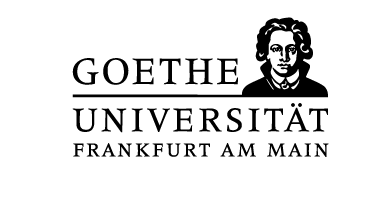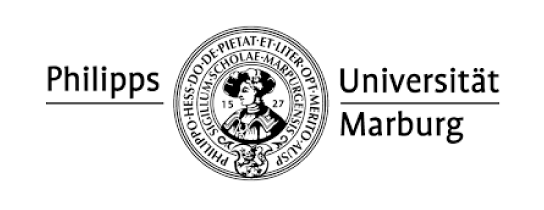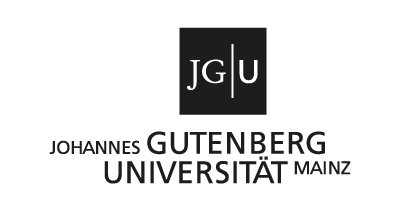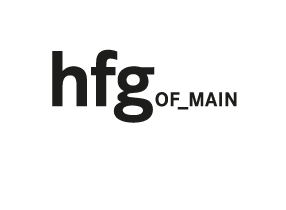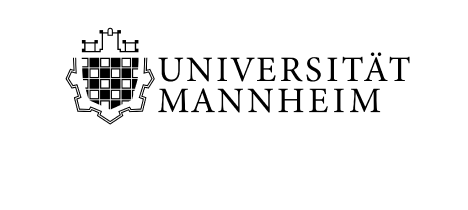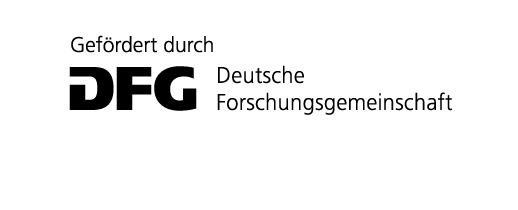Setting the past into motion: Anarchival practices in contemporary moving image art
Since the 1990s, there has been a sustained preoccupation in contemporary art with time, memory, and the writing of history. In this context, the archive has come into focus as a place that, through its mechanisms of inclusion and exclusion, substantially regulates our access to the past. Artists have grappled with the authority of the archive, pointing out its biases and gaps, or building idiosyncratic collections themselves. Their attention to the archive is also a response to the fact that the archive has come under pressure: from civil society protagonists demanding a different culture of memory, but also from a technological change that is altering our understanding of the archive.
The dissertation project systematically focuses on the contribution of audiovisual art in this field. I draw on a heterogeneous corpus of essay films, video installations and experimental documentaries, some of which move fluidly between the spaces of art, cinema and digital platforms. By closely engaging with works by Filipa César, Harun Farocki & Andrei Ujică, Onyeka Igwe, Agnieszka Polska, Hito Steyerl, Deborah Stratman, Ana Vaz and others, this project explores the anarchival potential of their practices: Activating that which works against the archive from within. The archive is conceived here as a figure of mediality, which becomes particularly visible in its disruption: Where the archive breaks down and is dispersed, where its borders become porous or its effects of presence are haunted by absence. Consequently, the project is concerned not with an audiovisual practice that reaffirms the archive, but with the possibilities of deconstructing its operations.
Profile
Johanna Laub is a PhD candidate and research fellow in the Graduiertenkolleg “Configurations of Film” at Goethe University Frankfurt. She completed a Bachelor’s and Master’s degree in art history at University of Leipzig and Université de Tours. Subsequently, she worked as a curatorial assistant at Schirn Kunsthalle Frankfurt on exhibitions such as “Basquiat: Boom for Real” (2018), “Hannah Ryggen: Woven Manifestos” (2019), and “Big Orchestra” (2019), and co-curated the screening program “Double Feature.” In her research, she is interested in art as a site of knowledge production, theories of archive and history, and the intersection of art and media philosophy. From August to December 2022, she was a visiting scholar at the Mel Hoppenheim School of Cinema at Concordia University, Montréal.
laub[at]tfm.uni-frankfurt.de
